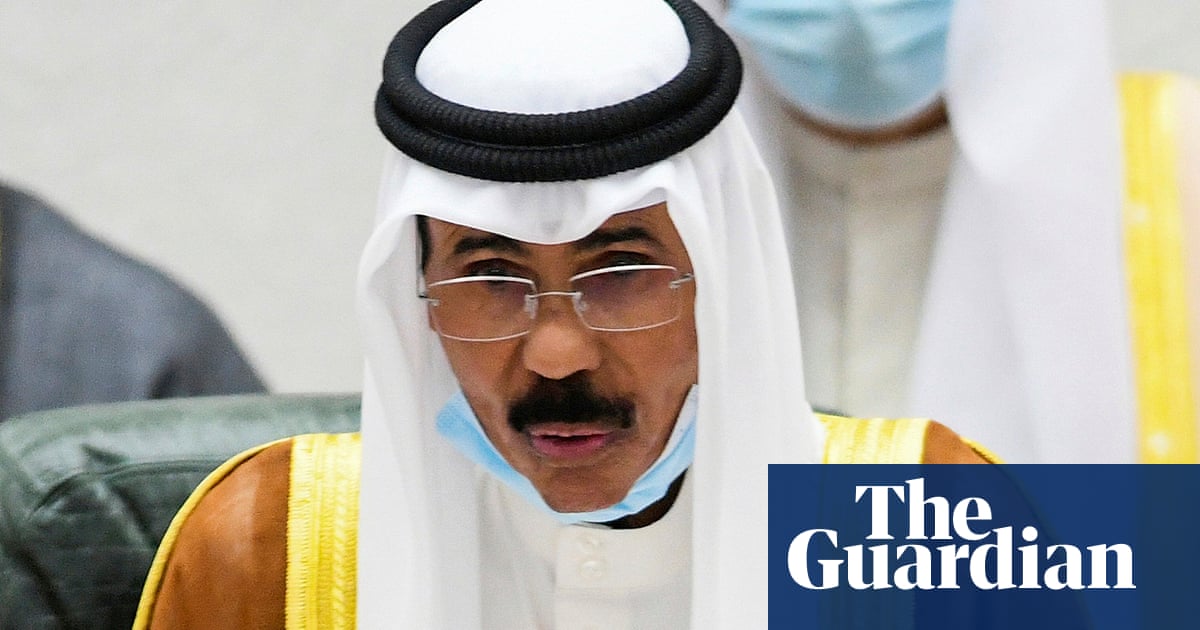
Abimael Guzmán, the founder and leader of the Shining Path, the Maoist insurgents which terrorised Peru in the 1980s and 1990s, has died in military hospital aged 86, the Peruvian government has said.
After nearly 30 years serving a life sentence in a maximum-security prison inside a naval base, Guzmán died at 6.40am on Saturday due to “health complications”, Peru’s prison service confirmed.
Once the most feared man in Peru, Presidente Gonzalo, as he was known to his fanatical followers, unleashed a bloody internecine conflict in May 1980 when the Shining Path declared war on the state.
The ensuing conflict, marked by brutal massacres, car bombings and targeted assassinations, killed tens of thousands of Peruvians.
Guzmán, a philosophy professor turned messianic leader, preached a Mao-inspired peasant revolution would first take control of the countryside then move into urban areas. He was captured in a Lima safehouse in 1992 and sentenced to life in prison for terrorism and other crimes.
The Shining Path’s principal victims were the very people it purported to defend. Notorious for its brutality and not sparing women or children, it killed more than 28,000 Peruvians, most of them from poor, rural communities, according to the country’s truth and reconciliation commission.
Between 1980 and 2000, 69,280 people were killed, the truth commission found, 54% by the Shining Path, while state security forces and the smaller Tupac Amaru Revolutionary Movement, or MRTA, were to blame for the other deaths. To date, there are more than 20,000 registered victims of forced disappearances in the country.
“He was the principal perpetrator of one of the greatest tragedies the country has lived,” tweeted Iván Lanegra, secretary-general of the Peruvian NGO Transparencia. “He built a totalitarian ideology which justified killing in the name of political ends.”
Peru’s president, Pedro Castillo, tweeted: “The terrorist ringleader Abimael Guzmán, responsible for the loss of countless lives of our compatriots, has died. Our stance of condemning terrorism is firm and unwavering.”
Guzmán’s death comes as several ministers in Castillo’s government are alleged to have sympathies for, or direct links to, the rebel group he founded. Castillo’s prime minister, Guido Bellido, is accused of defending the Shining Path and is being investigated for alleged “apology for terrorism”.
The labour minister, Íber Maraví, allegedly formed part of the terror group in its beginnings in Ayacucho, where Guzmán was a university professor, according to an investigation by La República newspaper.
Guzmán, who considered himself the “Fourth Sword of Marxism” after Karl Marx, Vladimir Lenin and Mao Zedong, was captured two months after the Shining Path’s single most deadly attack on the Peruvian capital which killed 25 people and injured more than 150.
He later married for a second time, to Elena Iparraguirre, his No 2 in the group, in 2010 at the prison where he was serving a life term. Iparraguirre, who was also captured in 1992, was brought from the women’s prison for the ceremony.
As his widow, Iparraguirre will decide what to do with his remains, amid a national debate over whether Guzmán should be buried in a Peruvian cemetery or his ashes scattered at sea.












